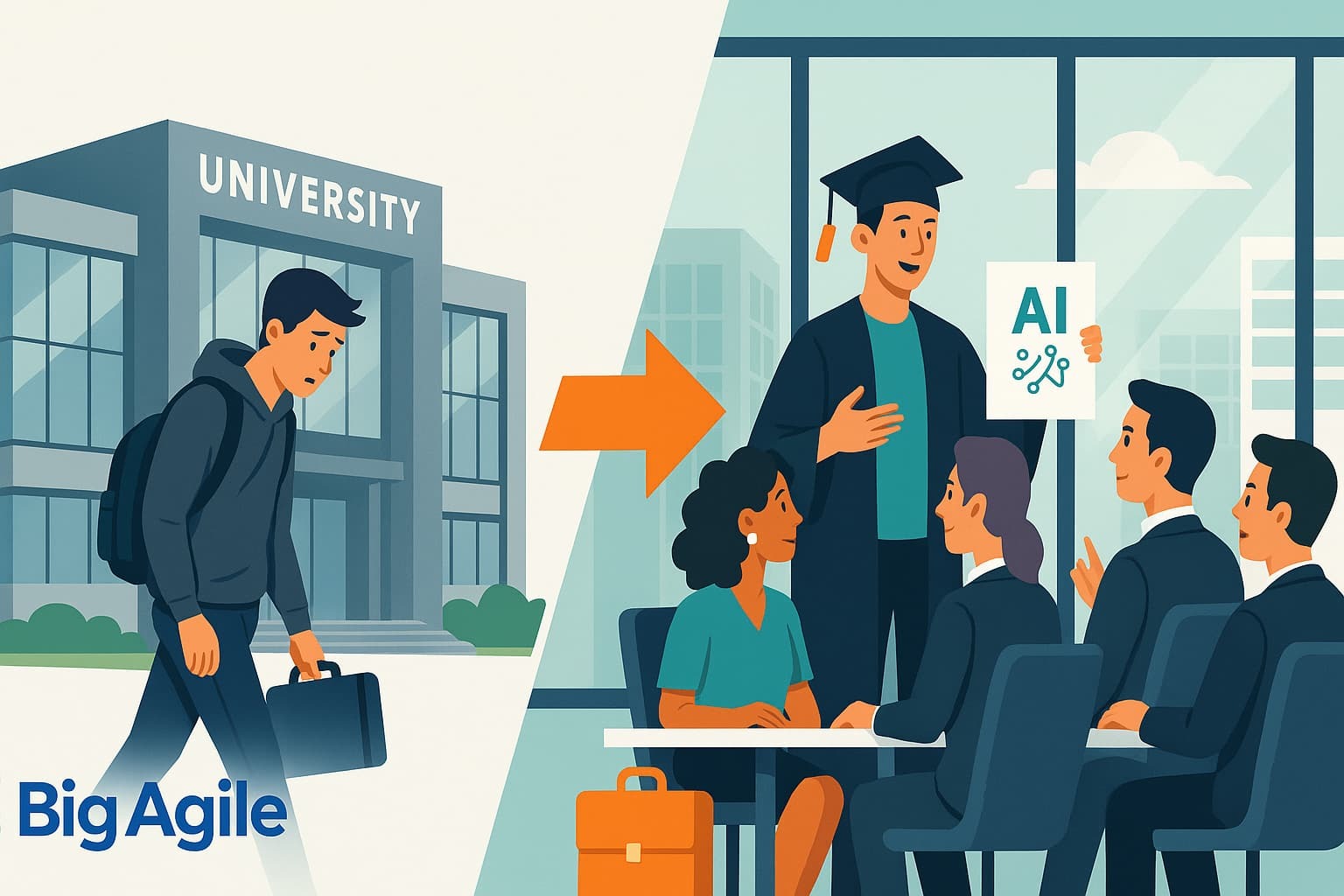
Did you know…
Despite a rise in overall IT unemployment—from 2.9 % in January to 3.3 % in February, according to CompTIA—openings for AI-centric roles have exploded, with AI-related job postings up 116 % year-over-year and actual AI hiring up 79 %. In other words, while many “traditional” tech vacancies are being frozen or eliminated, companies are still racing to staff data-science, machine-learning, and Gen-AI initiatives.
Ok, So What?
For business leaders, this divergence means two things:
AI is becoming the new core infrastructure. Even firms trimming headcount elsewhere are doubling-down on automation, predictive analytics, and generative AI to drive efficiency and new revenue streams.
Talent is being redistributed, not disappearing. Government IT and some big-tech employers are shedding experienced engineers, creating a buyers’ market for AI-savvy talent willing to jump to sectors such as healthcare, finance, and logistics that are still investing in digital transformation.
“Skills-first” hiring is accelerating. Roughly half of current IT job postings no longer require a four-year degree. Competency-based talent pipelines, bootcamps, and internal reskilling programs are becoming essential HR capabilities.
Now What?
Stand up an internal “AI Center of Enablement.” Assemble cross-functional champions who can surface and prioritize quick-win AI experiments (e.g., call-center summarization or intelligent document processing).
Adopt a skills cloud. Map critical AI and data-engineering skills across your org; then pair skills-based recruiting (no-degree requirements, micro-credential acceptance) with agile learning paths so employees can move horizontally into AI-adjacent roles.
Pursue an “acqui-hire” strategy. Monitor downsizing federal programs and legacy tech firms for displaced specialists in MLOps, prompt engineering, or model governance; bring them in as small, high-impact pods to accelerate your AI roadmap.
Questions to think about
Which business processes could you redesign today if inexpensive Gen-AI copilots were readily available?
How will you measure ROI on AI hires versus traditional automation projects?
Does your current job architecture reward degree pedigree over demonstrable AI skills—and how might that blind spot hurt competitiveness?
What governance guardrails (ethics, security, data quality) must be in place before you unleash new AI talent on sensitive datasets?